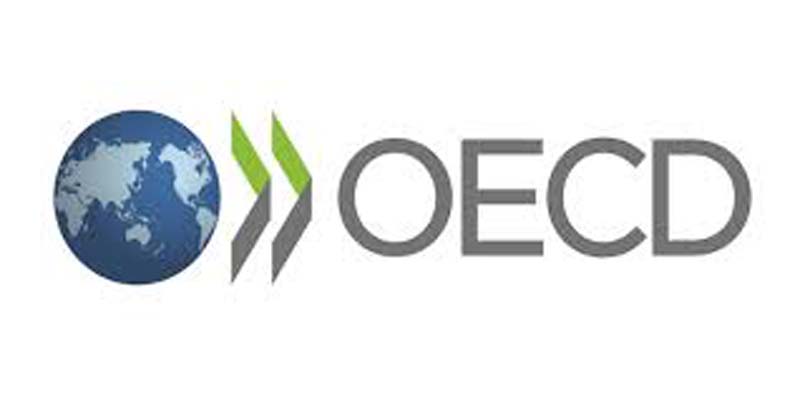

Italy’s economic prospects for the rest of 2021 are holding their ground, according to economic models, even as the country struggles with a new rise in coronavirus infections and vaccine rollout problems.
The estimates in the Interim Economic Outlook from the Organisation for Economic Cooperation and Development (OECD) released this week predicts an array of possible scenarios for Italy’s economy this year, with the ‘central projection’ – the average of the scenarios weighted for likeliness – landing at 4.1 percent growth for the year as a whole.
That is slightly lower than the 4.3-percent ‘central projection’ from the previous report, released in December, but the new figure is still above the ‘central projection’ estimate for the euro currency zone as a whole, which the OECD expects to see 3.9-percent growth this year.
If that is indeed the case, it will be the first time Italy’s growth rate outpaced the combined rate of its European peers since 1995, according to historical data from the World Bank.
The estimates also see Italy’s economy outpacing the German economy, which the OECD’s ‘central projection’ estimate predicts will grow 3 percent this year, though France (5.9 percent growth) and Spain (5.7 percent growth) are expected to rebound to an even greater degree.
Of course, Italy’s 2021 economic performance will “benefit” by being graded against a dismal performance last year, during the worst part of the coronavirus pandemic. According to Italy’s National Statistics Institute, the Italian economy shrank by 8.9 percent last year, its weakest one-year performance since the 1940s and among the weakest figures in the European Union, according to official statistics.
But analysts said the latest data was still positive.
“The difference between an average projection of 4.3-percent growth in December and 4.1 percent now is negligible because there is so much uncertainty built into these projections,” Giandomenico Piluso, a professor of economic history at the University of Turin, said in an interview with Xinhua.
Economist Francesco Daveri agreed.
“The new OECD report takes a relatively optimistic view of Italy’s growth prospects in the wake of the economic reforms announced by (newly-installed Italian Prime Minister Mario) Draghi,” Daveri, who is director of the business administration programme at Milan’s Bocconi University, told Xinhua. “The most optimistic scenarios predict Italy recovering all or most of the growth from last year.”
Both Piluso and Daveri said the wild card remained the global coronavirus outbreak.
“The end of the pandemic will have an oversized impact on economies that depend heavily on tourism and other services, which means Italy, along with France and Spain,” Piluso said. “Italy won’t have a clear path to economic growth until we can see the end of the pandemic.”
In that context, recent news might not bode well for the economy, at least in the short-term. According to Ministry of Health data, Italy recorded more than 25,000 new coronavirus infections for the second consecutive day Friday, a figure previously not seen since late November.